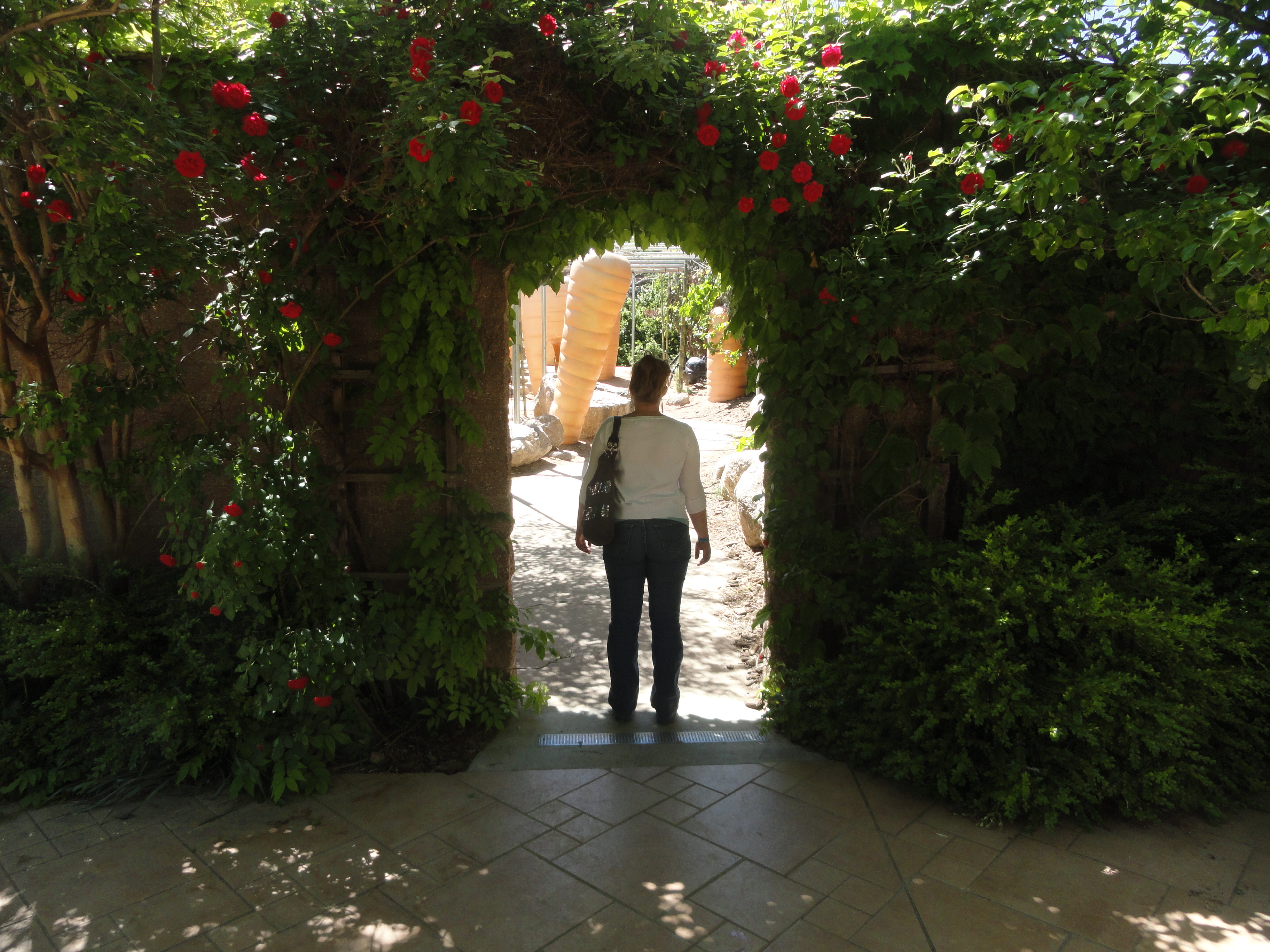Hatred (avoidance of)
UNSCHOOLERS! Please try to avoid any commentary that starts with "I hate..." when...
...when someone has just moved and is stressed.
...when someone is on the edge between calm and stress—don't tip them over.
...when someone is at peace—don't screw that up!
Best thing might be to try not to hate very many things, and those you can't un-hate, try not to share around too freely.
There's more at A good example of bad negativity
In 2011 someone wrote:
-=-I hate where my best friend lives. -=-
I responded:
Try not to hate anything more than you "have to," and once you get to thinking more positively, you might find there's is nothing you have to hate.
Seeing and Avoiding Negativity
Thinking About "Have To"
(original)
In early 2016, someone had come to ask for movie recommendations. Part of what she wrote was:
-=-Nothing violent please, our kids are young and they hate that kind of stuff 🙂
=-
After some discussion by several posters of available films young children might like, I wrote this:
I came to be picky.
Try to protect your family from hatred. Even if it's originating in your own mind and language. Why "hate" something you can easily choose to avoid? Why "hate" something when you can merely dislike it, or categorize it as something you might like it when you're older?
In some families, parents encourage children to think that they "hate" things, by that language. We probably all know people who "hate science" or "hate math" or "hate reading." They learned that in school, and they might keep the hatred for 80 years. People claim to "hate history," even when they have hobbies that involve history, when they could tell you all about local architecture, or what six flags have been over Texas, or can operate sail boats and could describe all the workings of older sailing vessels in any painting, drawing or photo you brought them.
Two problems:
People avoid (perhaps for life) what they have decided, or have been told, that they "hate."
If one's self-image involves hatred of anything, it harms the hater more than the hatee. A person who hates things can become full of hate—hateful.
But learning in the way unschoolers can and should learn needs peace, hopeful expectations, curiosity and the willingness to explore.
Negative Approaches to Peace
(SandraDodd.com/battle)
I left a link to the "Battle" page because this page didn't exist yet. Now here it is.
When looking to see where to keep the writing, I considered the page about avoiding martial terminology (struggle, battle, fight), and the page on avoiding negativity in general, but this is about language and about defining a person, or a thing or topic in such a way that it might be avoided for years. A person can't well frolic in ideas and connections if there are parts of the world or of his mind that are marked "we HATE this." Hatred will prevent joy and connections.
I went to the search page to see whether there was a page where hatred had been discussed, and found something very interesting. There are seven appearances of "hatred" at SandraDodd.com.
The quotes are from the Bible (Proverbs 15:17, which appears on three pages), John Holt, J. K. Rowling (a quote from The Half-Blood Prince—not on a page about unschooling), and by "an educator and former public school teacher" (a dad, not an unschooler, quoted twice).
Four different quotes, none expressions by unschoolers. NICE!
But knowing that there have been past discussions in which parents were reminded to discourage "hate," I've created this net to catch them in if they come up again.
The site search is here, in case you'd like to look at them.
Sandra Dodd, March 2016
| Learn to Love
A new unschooler wrote:
"I hate when people say that adhd isn't real."
Any unschooling parent who hates anything is at a disadvantage.
If an unschooling parent REALLY hates something, or five things, or ten, the spaces around those dark places will be harder to fill with wonder, joy and curiosity to learn.
SandraDodd.com/wonder
SandraDodd.com/joy
Hoping to begin unschooling while clinging to hatred isn't healthy physically, socially or philosophically.
SandraDodd.com/negativity
photo by Marty Dodd
P.S. You don't need to learn to love everything, but learning to move toward neutrality from "hatred" (even using the term "I hate") WILL make a difference in parenting and unschooling.
|
|
On facebook, in 2014, I was telling a batch of new friends that I would unfriend people for very negative, harsh, gross posts. Part of it:
Since I don't know you, if I defriend you, it's not personal. If too much horror and doom show up, I'll just click you back away.
To anyone: If something is horrible, then don't share it. If it was shocking or disgusting, suffer a moment and don't pass that shock and suffering around.
Comments were mostly positive and grateful, but a few were defensive of negativity. Here's a bit more, and the photo of Holly I had put up with the post, which you can link to get to the original on facebook. Someone wrote: -=-- because no one really knows how it might be helping them (and others)-=-
I responded: I assume when total strangers "friend" me that it's because they're interested in unschooling. The damage done by negativity is a knowable thing. If the mother can't find contentment, she has none to share with her children.

Negativity
(seeing and avoiding it)

Being
with and around children

Parenting peacefully
with concrete suggestions for making positive choices



